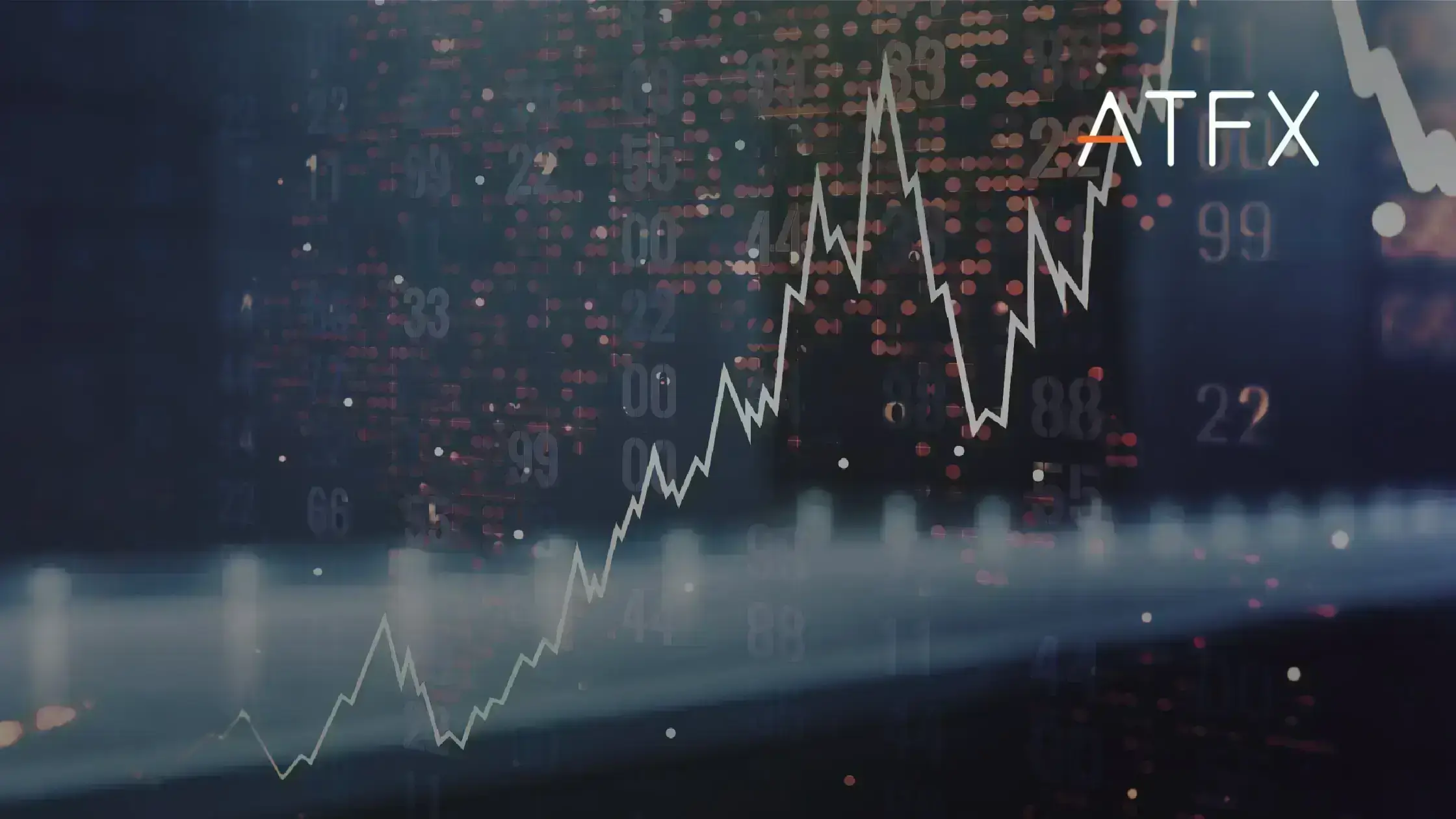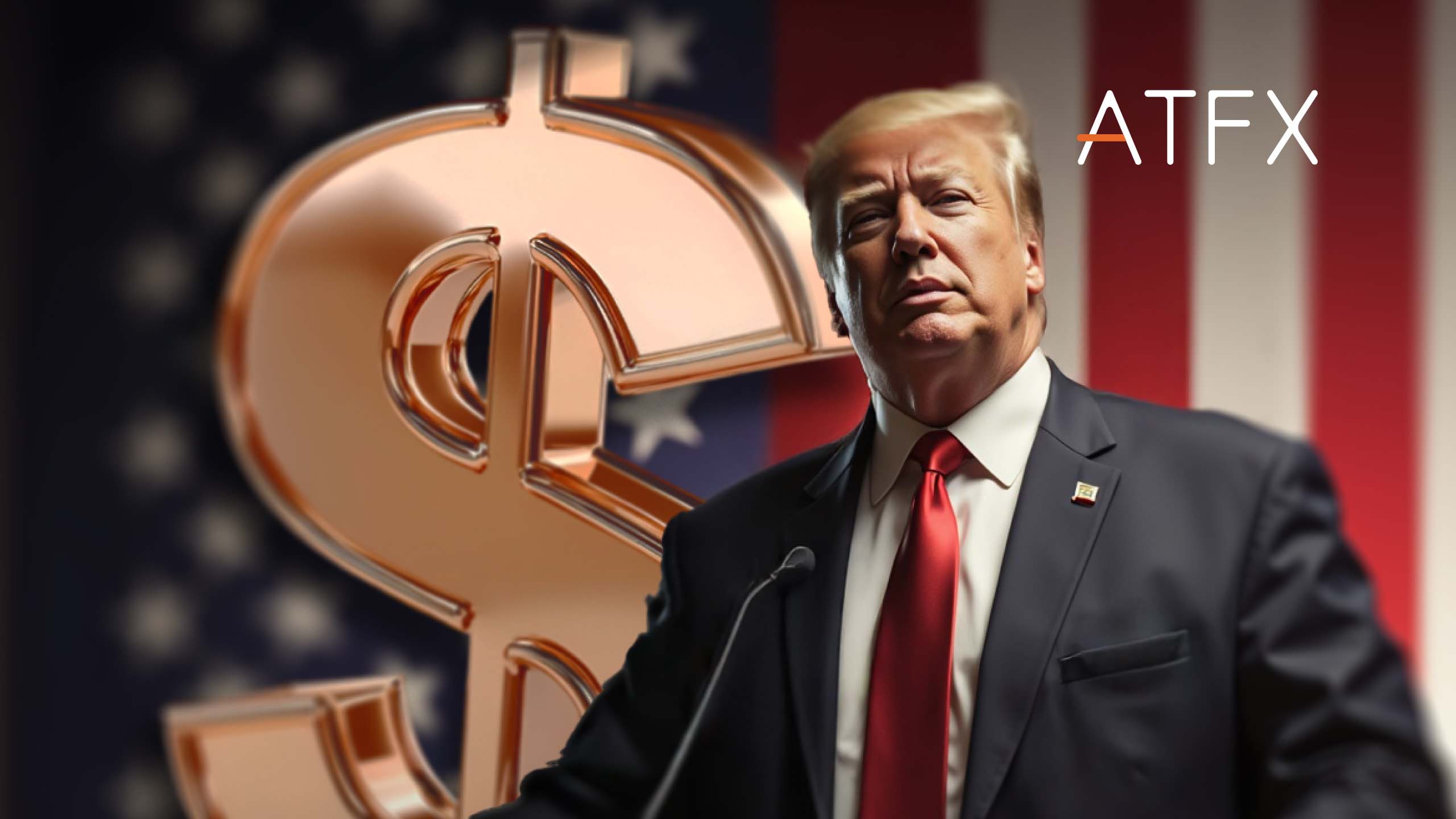Chinese stocks have continued an impressive rally with domestic solid and overseas inflows.

CHINA 50 – Daily Chart
The index of the top 50 Chinese stock trades is 12,804 and has support around the uptrend resistance line at 12,250.
Chinese shares have been boosted by market stimulus from the Chinese government, with domestic investment rising in Hong Kong-listed shares and US-listed ETFs. Bloomberg said that money manager investment flows into China were at their highest among emerging-market countries for the previous week, with inflows of $488 million.
Last year’s weakness in the Chinese economy saw strong outflows from Chinese equities, reaching 218 billion yuan ($30.2 billion) by January 2024. Investors started to return in February, and Chinese authorities announced measures to stabilise markets.
Restrictions on securities lending and a clampdown on aggressive short selling were joined by commitments from state investment funds to step up share purchases.
The stock market had lost $2 trillion in market cap from the highs of 2021. With the intervention, total outflows had narrowed to about 100 billion yuan by May. Investment into Hong Kong shares also reached $28.5 billion in the same period.
Sentiment in China’s property market is also improving, with homebuyers in some of the largest cities looking for opportunities after Beijing delivered the most significant stimulus measures to rescue the troubled sector.
On Friday, China delivered “historic” measures, including a 300 billion yuan (US$41.9 billion) lending facility for state-owned companies to buy unsold properties. The government was slow to act on stimulus, but there is hope for the market after three tough years.
Alpine Macro analysts believed Chinese property stocks offered better returns than other sectors. However, they expected to see some relief for the housing market, which would help the broader economy.
“Beijing’s housing policy U-turn will help reduce financial stress on developers and put a floor under their asset prices. This will likely prevent them from being a source of negative surprises for Chinese equities,” they wrote.
Tech firms like Tencent and Alibaba have been a driver of the stock rebound, but the latter lost 5% this week after cutting prices for some of their AI products. Fears of a price war in AI have not dented the broader index.


